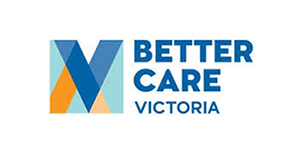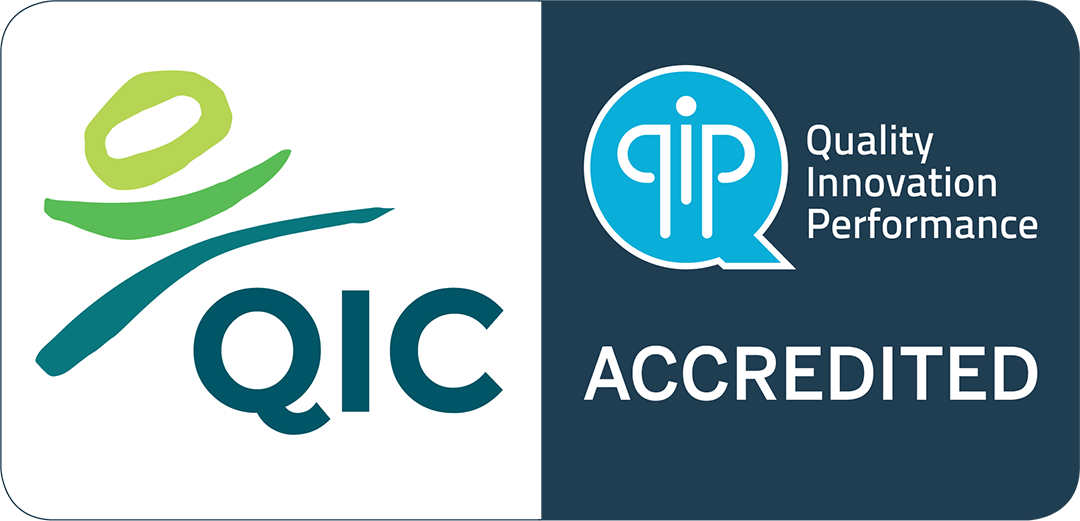Windana, Lorne and Otway Health partnership receives funding

Windana, in partnership with Otway Health and Lorne Community Hospital, has received funding for a new harm minimisation project in the Southern Otways region. The Better Care Victoria Innovation Fund chose 15 projects for 2016-17, with just four of those in regional Victorian areas. The Windana project will deliver remote access recovery services, reduce complex referral processes, increase training for frontline staff and offer much-needed support, particularly for low socio-economic groups. The aim of this program is to develop a telehealth model of care that can be initiated in other rural and regional health services.
The Southern Otways region is experiencing alarming increases in methamphetamine use (which has more than doubled in recent years), as well as convictions for drug use and possession. More than five per cent of presentations at both Otways health services are drug and/or alcohol affected. With no local non-residential recovery support services available, residents in need of help are unable to find an avenue to receive that help locally.
With Better Care Victoria funding, Windana, Otway Health and Lorne Community Hospital will deliver remote access Telehealth recovery services to the Southern Otways region. The program will include a ‘no wrong door’ referral pathway, where any local healthcare provider who comes into contact with a resident identifying or requiring recovery services will be referred without needing to engage in multi-level referral processes. Minister for Mental Health Martin Foley says, “This project in the Southern Otways region is a great example of how we are reducing the harm associated with drug and alcohol use.”
Residents in the catchment do engage in recovery services outside of local options; however, local surveys have indicated that to do so requires access to private transport and time to travel, which makes participation impossible for many within the low socio-economic catchment.
As a result of quality training provided by Windana to the local front line healthcare providers, accessing this program will be made as easy as possible. Once engaged with the program, Otway Health and Lorne Community Hospital will provide additional onsite support, such as primary care and psychological services, in partnership with Windana. These services and needs will be managed through clinical review and care coordination to provide a ‘closed loop of care’ for each client.
The three health services will work together to develop appropriate and responsive policies and protocols and reporting mechanisms that will be professionally evaluated after 12 months. The aim of this program is to develop a model of care that can be replicated in other rural and regional health services where skill sets can be shared to better service the local catchment. The project will also develop some high-level Alcohol and Other Drug policy response papers regarding treating clinicians’ access to the Medicare Benefits Scheme and possible changes to facilitate greater sustainability for this new model of treatment.
Windana, Lorne and Otway Health partnership receives funding

Windana, in partnership with Otway Health and Lorne Community Hospital, has received funding for a new harm minimisation project in the Southern Otways region. The Better Care Victoria Innovation Fund chose 15 projects for 2016-17, with just four of those in regional Victorian areas. The Windana project will deliver remote access recovery services, reduce complex referral processes, increase training for frontline staff and offer much-needed support, particularly for low socio-economic groups. The aim of this program is to develop a telehealth model of care that can be initiated in other rural and regional health services.
The Southern Otways region is experiencing alarming increases in methamphetamine use (which has more than doubled in recent years), as well as convictions for drug use and possession. More than five per cent of presentations at both Otways health services are drug and/or alcohol affected. With no local non-residential recovery support services available, residents in need of help are unable to find an avenue to receive that help locally.
With Better Care Victoria funding, Windana, Otway Health and Lorne Community Hospital will deliver remote access Telehealth recovery services to the Southern Otways region. The program will include a ‘no wrong door’ referral pathway, where any local healthcare provider who comes into contact with a resident identifying or requiring recovery services will be referred without needing to engage in multi-level referral processes. Minister for Mental Health Martin Foley says, “This project in the Southern Otways region is a great example of how we are reducing the harm associated with drug and alcohol use.”
Residents in the catchment do engage in recovery services outside of local options; however, local surveys have indicated that to do so requires access to private transport and time to travel, which makes participation impossible for many within the low socio-economic catchment.
As a result of quality training provided by Windana to the local front line healthcare providers, accessing this program will be made as easy as possible. Once engaged with the program, Otway Health and Lorne Community Hospital will provide additional onsite support, such as primary care and psychological services, in partnership with Windana. These services and needs will be managed through clinical review and care coordination to provide a ‘closed loop of care’ for each client.
The three health services will work together to develop appropriate and responsive policies and protocols and reporting mechanisms that will be professionally evaluated after 12 months. The aim of this program is to develop a model of care that can be replicated in other rural and regional health services where skill sets can be shared to better service the local catchment. The project will also develop some high-level Alcohol and Other Drug policy response papers regarding treating clinicians’ access to the Medicare Benefits Scheme and possible changes to facilitate greater sustainability for this new model of treatment.






